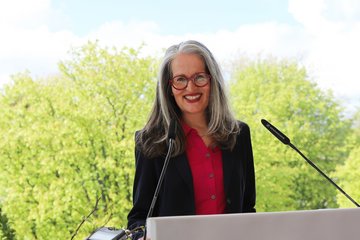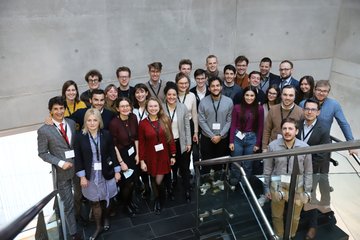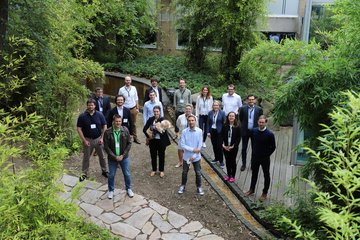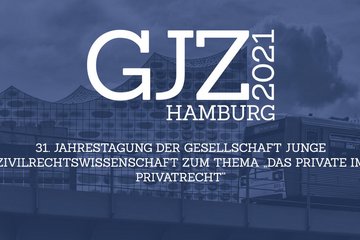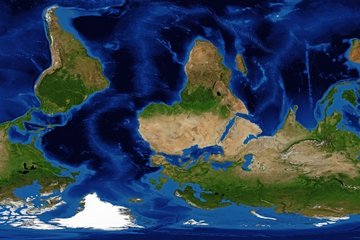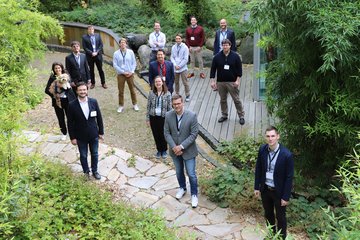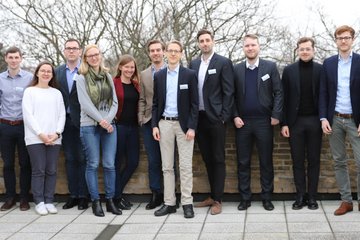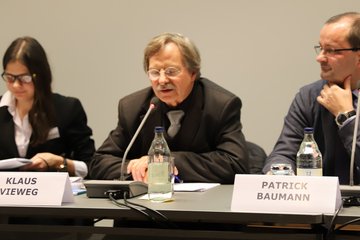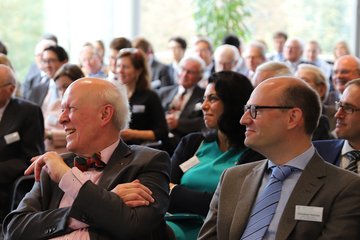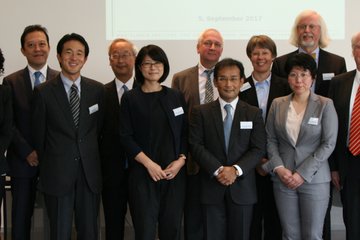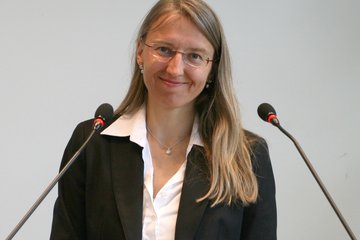Ari Schriber (Utrecht University): Sharīʿa, droit musulman, and Colonial Legality: The Conflict of “Paternity Claim” (istilḥāq) in Colonial-Era Moroccan Courts
Afternoon Talk on Islamic Law
- Datum: 30.11.2023
- Uhrzeit: 16:00
- Ort: Hybrid-Veranstaltung
Ein Video des Vortrags finden Sie hier zum Nachstreamen:
Ari Schriber (Utrecht University): Sharīʿa, droit musulman, and Colonial Legality: The Conflict of “Paternity Claim” (istilḥāq) in Colonial-Era Moroccan Courts
© Max-Planck-Institut für ausländisches und internationales Privatrecht
About the speaker
Ari Schriber is Marie Skłodowska-Curie Postdoctoral Fellow at Utrecht University. His research interests lie at the intersection of 20th-century Islamic legal history and colonial history of the Middle East and North Africa. Schriber is particularly interested in investigating evolving traditions of Islamic court practice in colonial and post-colonial Morocco. He is currently preparing a monograph based on his doctoral thesis, Shari’a of the Colony: Judgeship, Proof, and Legal Modernity in Morocco, 1912-1965. Prior to coming to Utrecht, Schriber was Arts and Sciences Postdoctoral Fellow at the University of Toronto (2021-2023). He completed his PhD (2021) and Masters (2013) in the Department of Near Eastern Languages and Civilizations at Harvard University and holds a BA in Middle Eastern Studies and Religious Studies from the University of Virginiat.
About the topic
How did colonial legalities impact the determination of paternity and inheritance in Islamic legal practice? Ari Schriber examines this question through the lens of shari’a courts in colonial-era Morocco. He will use a paradigmatic three-decade dispute (1922-1956) to delineate core conflicts between French colonial claims to Islamic law and regional Islamic legal traditions for resolving ambiguous paternity. The dispute revolved around the capacity for a child of an enslaved mother to inherit land from his father. Both colonial French courts and Moroccan shari’a courts claimed jurisdiction for the case, each claiming to issue a decision based on Islamic law — with starkly contradictory rulings. In accounting for this outcome, Ari Schriber focuses on the concept of “paternity claim” (istilḥāq) in the Mālikī school of Islamic law that revolves around the social-legal status of enslaved mothers calling particular attention to the pivotal role of fact-finding—evidence, proof, and procedure—as a paradigmatic tension between colonial claims to Islamic law and local traditions of Islamic court practice. Overall, he seeks to demonstrate the granular yet transformative impact of this tension in producing a competing version of Islamic law in the colonial and postcolonial state.
